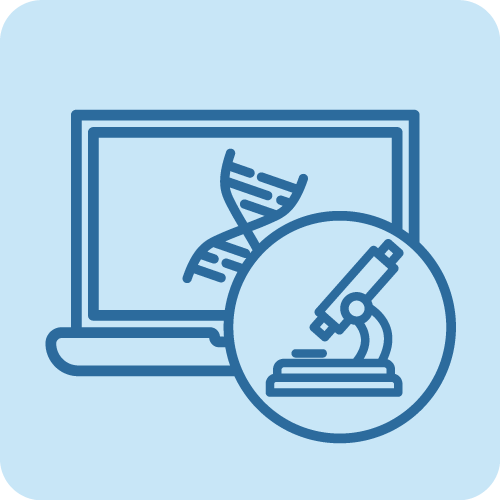Harnessing evolution by engineering ecological interactions to fight human disesases
Our society faces major biomedical challenges such as cancer, antibiotic resistance, and imbalanced microbiomes. While it is widely acknowledged that evolution is part of the problem, few scientists consider that ecology could be part of the solution. For instance, the human microbiome is a vast and dynamic ecosystem—akin to a rainforest or grassland—and to manage it effectively, we must understand how its members compete, cooperate, and function together. Yet, the integration of evolutionary and ecological principles through the interdisciplinary lens of complex networks has not been fully applied to medicine. There is an urgent need for a general framework to anticipate and control the evolution of asexual populations, including tumor cells, pathogens, and entire microbial communities. Building on my previous work, I propose to combine mathematical modeling with digital evolution—an evolving computational system that exhibits patterns of organization similar to those found in nature—to identify general principles that can inform biomedical research. First, I will design and run evolutionary experiments using self-replicating computer programs—digital organisms—that interact, mutate, and evolve within a user-defined computational environment. Second, I will develop mathematical models to formalize hypotheses about how organismal interactions shape evolutionary trajectories. Finally, I will test these theoretical predictions using data generated from the experiments. The idea of controlling evolution to fight disease could eventually move from simulation to application, offering high translational potential. This added value will enhance the project’s impact on applied research and could contribute meaningfully to the regional biomedical innovation landscape. Overall, this proposal represents a unique opportunity for an interdisciplinary research profile to bridge basic science in ecology and evolution with biomedical applications.
No researchers found.
Information
Type of Funding: Regional
Period: 05/10/2021 - 31/03/2023

